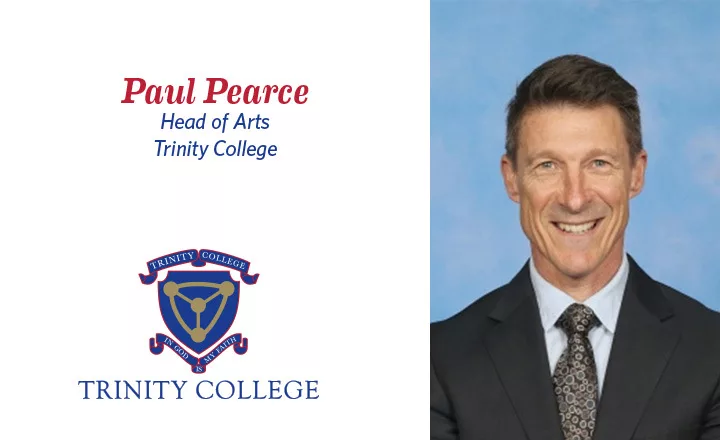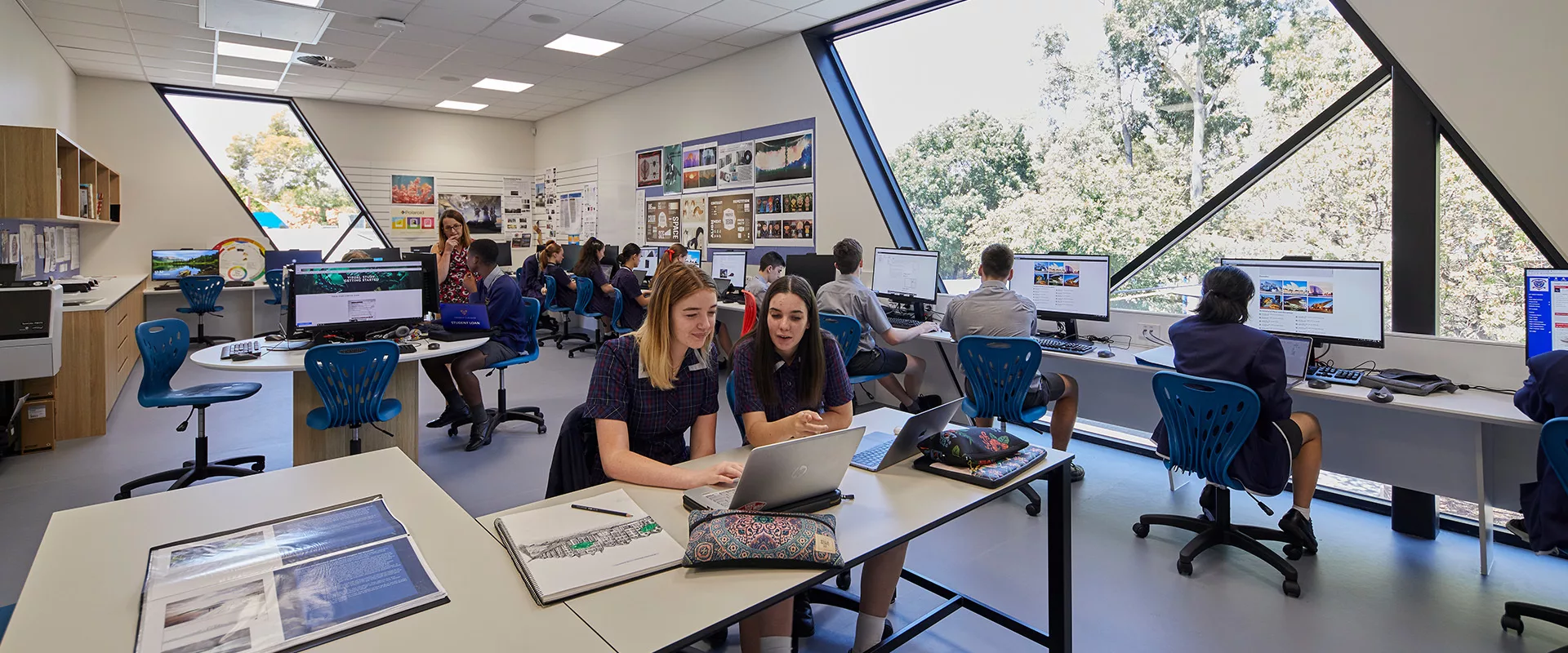Certificate in Future Oriented Learning

Factors Influencing Academic Buoyancy: A case study
This project investigates academic buoyancy in Middle School students as an everyday resource for dealing with minor academic setbacks and stress.
Grounded in Martin and Marsh’s (2006, 2008, 2009) work on academic buoyancy, the study explores how psychological factors (e.g., self-efficacy, sense of control, motivation) and school factors (e.g., teacher feedback, student–teacher relationships) support students’ capacity to “bounce back” from routine academic adversity such as a low quiz score or brief drop in grades. The research uses qualitative interviews and a follow-up case study to capture how students perceive and respond to challenges.
Twelve Year 9–10 students were initially interviewed about their mindset, coping strategies, and use of external supports (e.g., tutors). Six months later, one student was re-interviewed to explore changes in motivation, engagement, and feeling of control.
Preliminary findings show that academic buoyancy serves as a proactive measure, enabling students to adopt more adaptive study habits, reduce academic anxiety, and maintain positive emotions around schoolwork. Notably, effective teacher feedback (beyond just a grade), a supportive classroom climate, and perceived autonomy—key components of self-determination theory—emerged as strong influences on students’ self-belief and resilience. Students who viewed routine challenges as part of the learning process demonstrated higher confidence and less avoidance, even when facing initially low marks. Furthermore, parental involvement and consistent tutoring support strengthened the perceived competence and overall psychological readiness to tackle demanding tasks.
By integrating academic buoyancy with self-determination theory, the study highlights the importance of supportive teacher–student relationships, constructive feedback loops, and student autonomy in promoting both academic performance and wellbeing. In alignment with Trinity College’s holistic educational model, the findings underscore the need for ongoing, proactive interventions that help students see setbacks as temporary obstacles, thus fostering a culture of resilience and preparing them for future academic challenges


